What Is a Blunder in Chess. Explained - Remote Chess Academy
Por um escritor misterioso
Descrição
Chess is a game of intricate moves and strategic decision-making. However, even the most skilled players are prone to making mistakes that can cost them the game. These mistakes, known as blunders, have a significant impact on the outcome of a chess match. Understanding Blunders Blunders in chess refer to critical errors made by players that lead to a significant disadvantage or loss. It is important to distinguish blunders from other mistakes in chess, as blunders are typically more severe and have a substantial impact on the game. By understanding what constitutes a blunder, players can become more aware of potential pitfalls in their game play. Analyzing the different types of blunders sheds light on the specific nature of these errors. Tactical blunders, for instance, involve missing simple captures or falling victim to tactical traps set by the opponent. Positional blunders, on the other hand, pertain to errors in piece placement, pawn structure, or the failure to control key squares. Strategic blunders encompass mistakes in long-term planning, piece coordination, or the misjudgment of imbalances. Types of Blunders Tactical blunders are among the most common types of mistakes in chess. These blunders occur when a player fails to recognize a tactical opportunity or overlooks a critical move. It could be as simple as missing a capture that leads to material gain or failing to spot a checkmate in a few moves. Tactical blunders often result from a lack of careful calculation and thorough analysis of the position. Positional blunders, on the other hand, are more subtle in nature. They involve errors in evaluating the position, planning piece placement, or neglecting important positional principles. A positional blunder could include placing a piece on an inactive square, compromising pawn structure, or neglecting control of key squares or diagonals. These mistakes can have long-term consequences, gradually weakening the player’s position and limiting their options. Causes of Blunders Time pressure is a common factor contributing to blunders in chess. As the clock ticks down, players may feel rushed to make moves, leading to impulsive decisions and overlooking critical details. The pressure to make quick decisions can cloud judgment and increase the likelihood of making blunders. Lack of focus is another significant cause of blunders. Distractions, both internal and external, can divert a player’s attention from the game, making them more susceptible to errors. Overconfidence may cause players to overlook potential threats or underestimate the complexity of the position, resulting in critical errors. Learning from Blunders Analyzing mistakes is a crucial step in improving one’s chess skills. When a blunder occurs, it is essential to take the time to understand the underlying causes and missed opportunities. By carefully reviewing and reflecting on blunders, players can gain insights into their thinking processes, identify weaknesses, and develop strategies to avoid similar mistakes in the future. Utilizing technology has revolutionized the way players analyze and learn from blunders. Chess engines and analysis tools offer real-time evaluation and suggestions for improving moves. By inputting the game positions into these tools, players can identify critical moments, tactical opportunities, and alternative moves that could have altered the outcome. Utilizing technology enhances the learning process and provides a wealth of information to help players avoid future blunders. Strategies to Avoid Blunders Calculation and visualization play a crucial role in minimizing blunders. Before executing a move, players should calculate and evaluate different lines of play, considering potential tactical shots, piece exchanges, and positional consequences. Visualizing the resulting positions helps players anticipate potential pitfalls and make informed decisions. Positional awareness is key to avoiding strategic and positional blunders. Understanding fundamental principles such as piece activity, pawn structure, and control of key squares enables players to make sound positional judgments. By considering these aspects in their decision-making, players can minimize the likelihood of making critical errors. Effective time management is essential to mitigate time pressure-induced blunders. Players should allocate their time wisely, ensuring they have sufficient thinking time for critical positions. Prioritizing moves and dedicating more time to complex positions helps prevent impulsive and hastily made moves. Recovering from Blunders Maintaining composure is crucial after making a blunder. Instead of dwelling on the mistake, players should stay focused on the current position and the opportunities that still exist. By regaining composure and a clear mindset, players can minimize the impact of the blunder and maintain their chances of making a comeback. Creating complications is a strategic tactic employed to capitalize on an opponent’s mistakes. By introducing complexity and confusion into the game, players can exploit their opponent’s potential vulnerabilities. Creating complications can involve sacrificing material, initiating unexpected tactical sequences, or introducing positional imbalances that disrupt the opponent’s plans. This approach aims to unsettle the opponent and increase the chances of them making their own blunders. Conclusion Blunders are significant occurrences in chess that can have a profound impact on the outcome of a game. Understanding the different types of blunders, their causes, and the strategies to prevent and recover from them is essential for players looking to improve their game play. Learning from mistakes, both one’s own and those made by others, is a fundamental aspect of chess development. By embracing the lessons provided by blunders and utilizing various techniques, players can enhance their decision-making, minimize errors, and enjoy a more successful and rewarding chess journey.
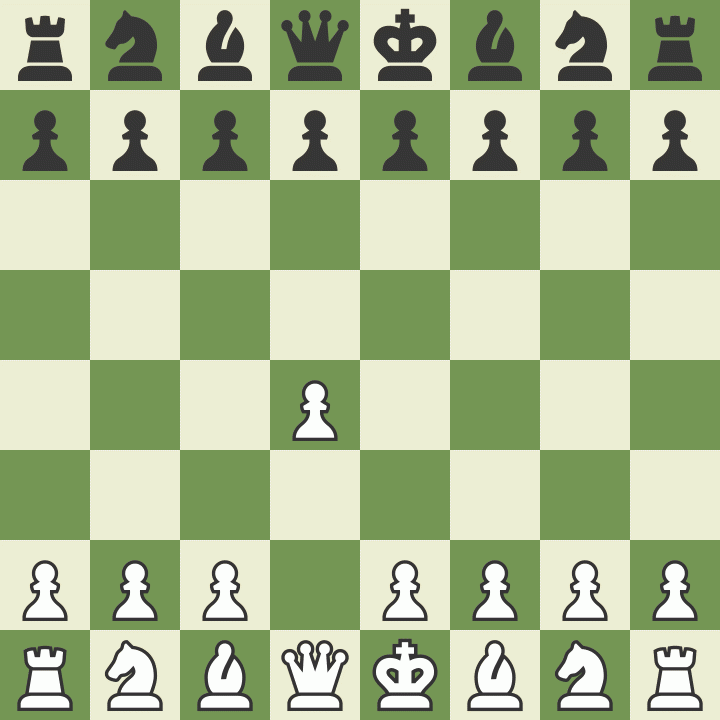
A Very Unlikely Chess Game
I Quit My Job to Study Chess for 7 Months and Beat a National

Grenke Bank win World Corporate Chess Championship
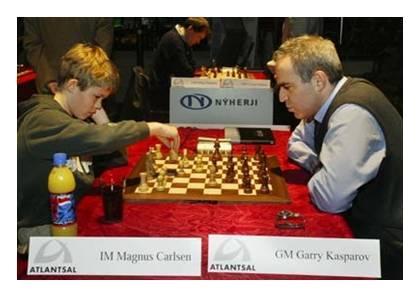
Improving Your Chess - Resources for Beginners and Beyond

Blunder Chess - Google Search, PDF, Chess

Fischer Blundered the Scholar's Mate?? 😱

3200 BOT BLUNDERING A QUEEN??????? - Chess Forums

Remote Chess Academy

Chess Opening Mistakes in the Ruy Lopez [TRAPS Included]

Magnus Carlsen Sets a Trap and Then Blundered - Remote Chess Academy
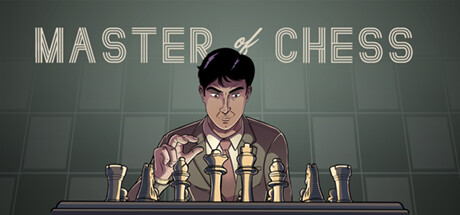
Master of Chess on Steam
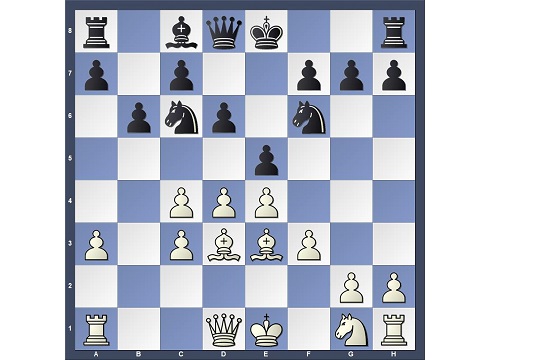
The Top 5 Blunders in Chess History
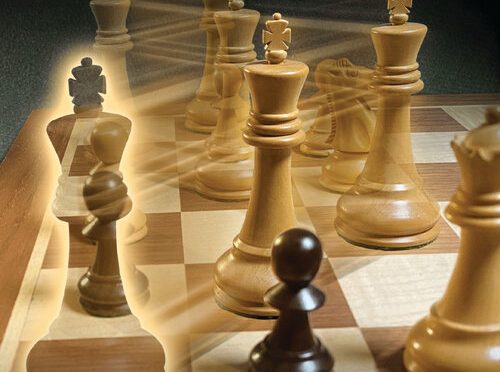
Russell Enterprises Archives - British Chess News

blunder Archives - Remote Chess Academy

Can a Computer Blunder? - The Strong National Museum of Play
de
por adulto (o preço varia de acordo com o tamanho do grupo)







